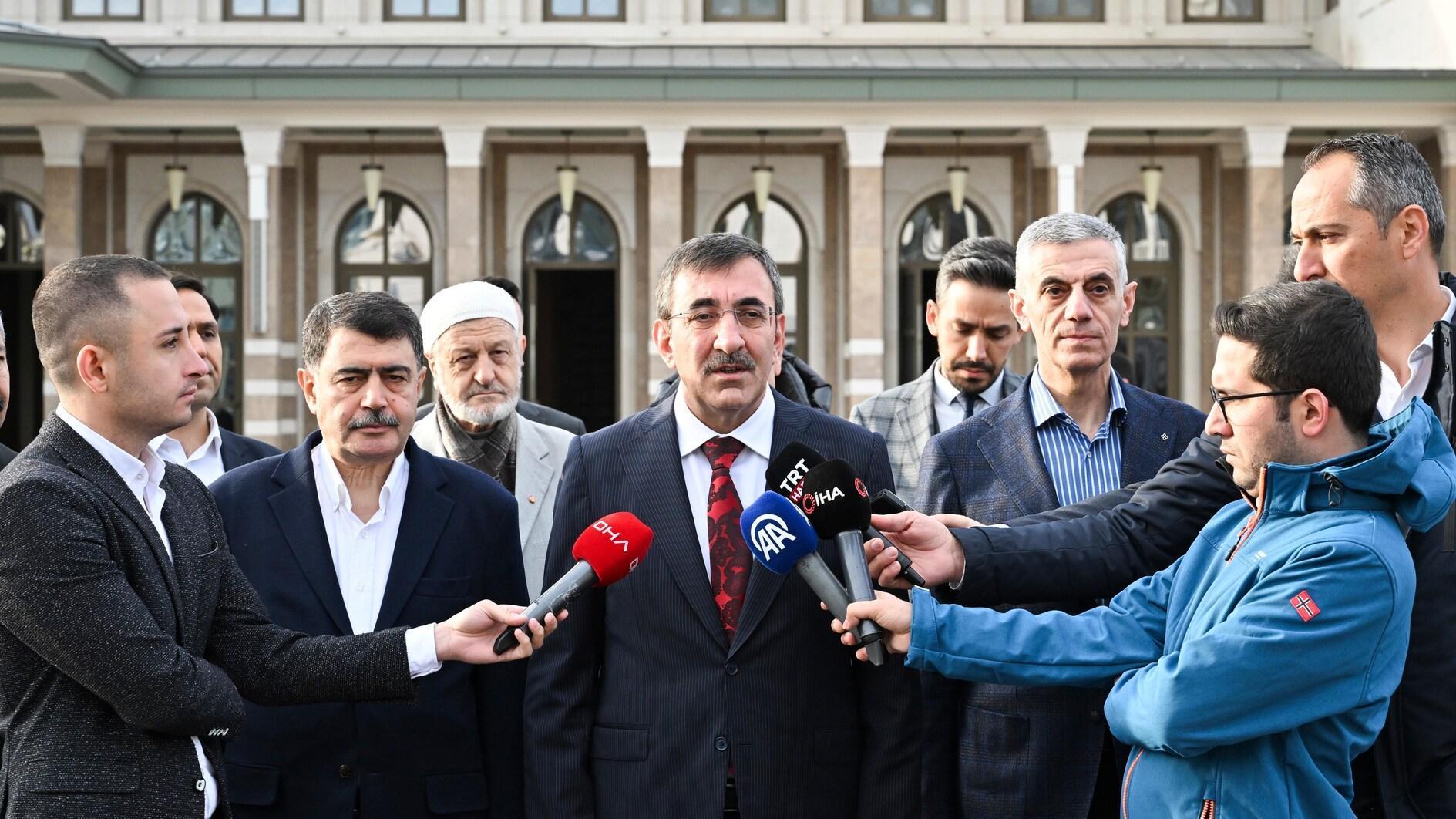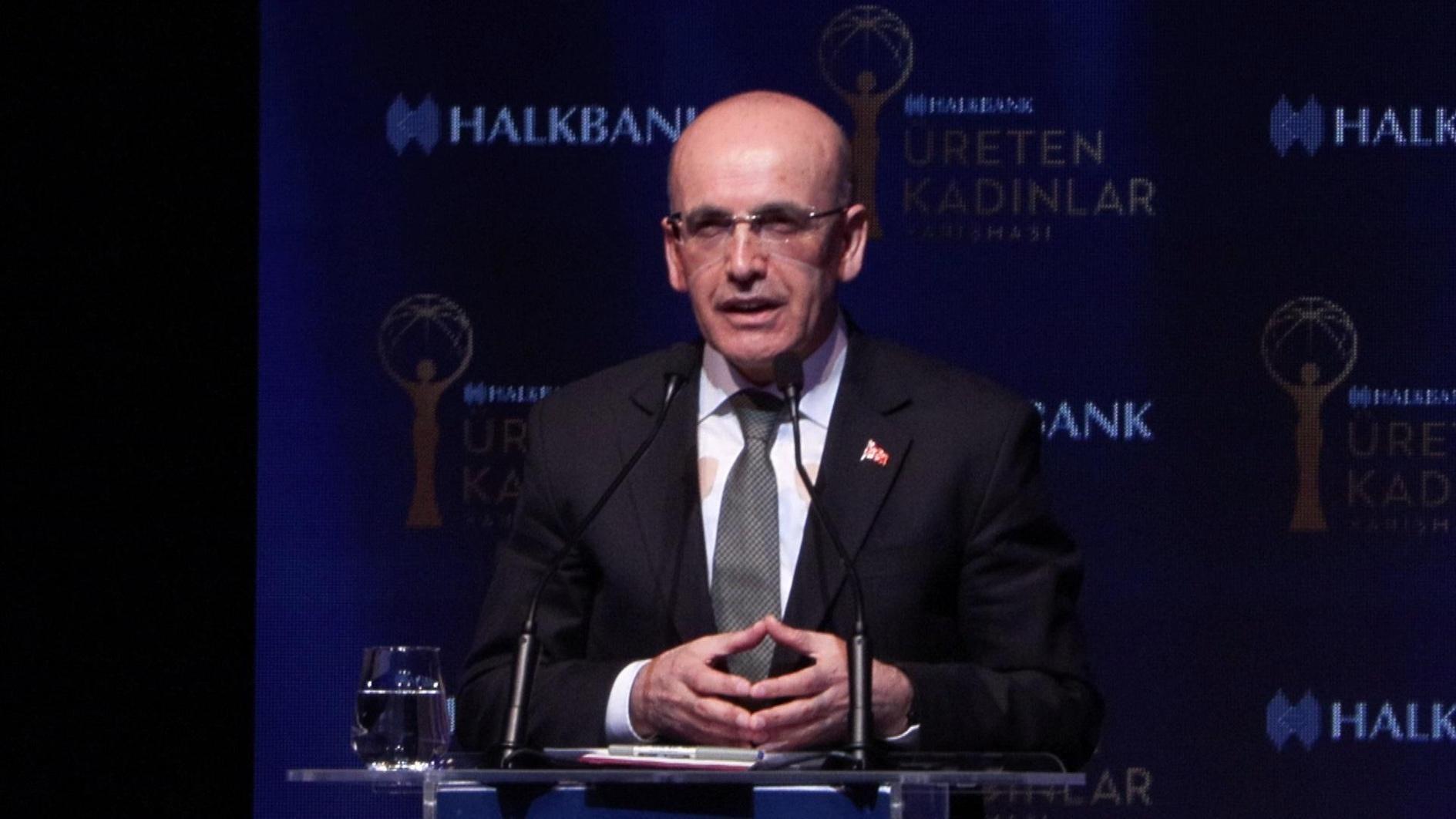Fears of extremism rise in Muslim nations: Poll
WASHINGTON - Agence France-Presse

Militants hold a parade in Syria’s northern Raqqa province to celebrate their declaration of a ‘caliphate.’ Concern about Islamic extremism has increased in the past 12 months amid the ongoing civil war in Syria and the recent attacks and kidnappings by Nigeria’s Boko Haram militants, the Pew Research Center's report suggests. REUTERS Photo
Fear of Islamic extremism is rising in countries with large Muslim populations, from the Middle East to South Asia, while support for radical groups is declining, according to a recent poll by the Pew Research Center, a U.S. think tank.Concern about Islamic extremism has increased in the past 12 months amid the ongoing civil war in Syria and the recent attacks and kidnappings by Nigeria’s Boko Haram militants, the report found, after interviewing over 14,200 people in 14 countries. Meanwhile, extremist groups such as al-Qaeda, Hezbollah, Boko Haram and Hamas are beginning to lose support.
Al-Qaeda received a negative score in all 14 countries that were surveyed were a large proportion of people in most countries have an unfavorable view of the group. Anti-al-Qaeda sentiment is strongest in Israel and Lebanon, where the organization is viewed negatively by both the Christian and Muslim communities in Lebanon, and by Arabs and Jews in Israel.
 Overwhelming majorities in Turkey, Jordan and Egypt have a negative view
of al-Qaeda, while 85 percent in Turkey, 83 percent in Egypt, and 81
percent in Jordan have an unfavorable view of the Lebanese Shiite group
Hezbollah.
Overwhelming majorities in Turkey, Jordan and Egypt have a negative view
of al-Qaeda, while 85 percent in Turkey, 83 percent in Egypt, and 81
percent in Jordan have an unfavorable view of the Lebanese Shiite group
Hezbollah.Backing for the use of suicide bombings against civilian targets has dropped significantly in the past decade following a slew of brutal attacks. A quarter or less of Muslims in Egypt (24 percent), Turkey (18 percent), Israel (16 percent) and Jordan (15 percent) said suicide bombings are often or sometimes justified. While, only 5 percent of Tunisian Muslims agreed with this statement.
The poll was carried out from April 10 to May 25, before the now renamed Islamic State (IS), previously known as the Islamic State of Iraq and the Levant (ISIL), seized control of the northern Iraqi town of Mosul, in a lightning offensive that has seen the organization take control of large parts of the country. In Lebanon, which shares a border with Syria, as many as 92 percent of those interviewed said they were worried about Islamic extremism.
Increase in Turkey
That figure is up 11 points from 2013 and is spread evenly among the country’s Sunni, Shiite and Christian communities. Concern about extremism has also risen in Jordan and Turkey, which both border Syria and have taken in significant numbers of Syrian refugees fleeing the country, where acts of terrorism have risen in the past few years, particularly on the Turkish-Syria border. Some 62 percent of Jordanians voiced their fears about extremism, up 13 points since 2012, while in Turkey half of those polled shared the same concerns, up 18 points from two years ago.
“In Asia, strong majorities in Bangladesh (69 percent), Pakistan (66 percent) and Malaysia (63 percent) are concerned about Islamic extremism,” the Pew report said. However, in Indonesia, the world’s most populous Muslim-majority country, such fears were not shared, with only four in 10 people voicing their fears their concerns about extremism.
A majority of Nigerians (79 percent) were against Boko Haram, the terror group behind the kidnapping of more than 200 schoolgirls earlier this year, while 59 percent of Pakistanis said they did not favor Taliban militants.
Just over half of Palestinians (53 percent) have an unfavorable opinion of Hamas, and the figure rises to 63 percent in the Gaza Strip, higher than on the West Bank, which is controlled by the rival party, Fatah. Only 46 percent of Palestinians said they believed that suicide bombings could be justified against civilians, down from 70 percent in 2007, while the figure among Lebanese Muslims fell to 29 percent, compared to 74 percent in 2007.
















